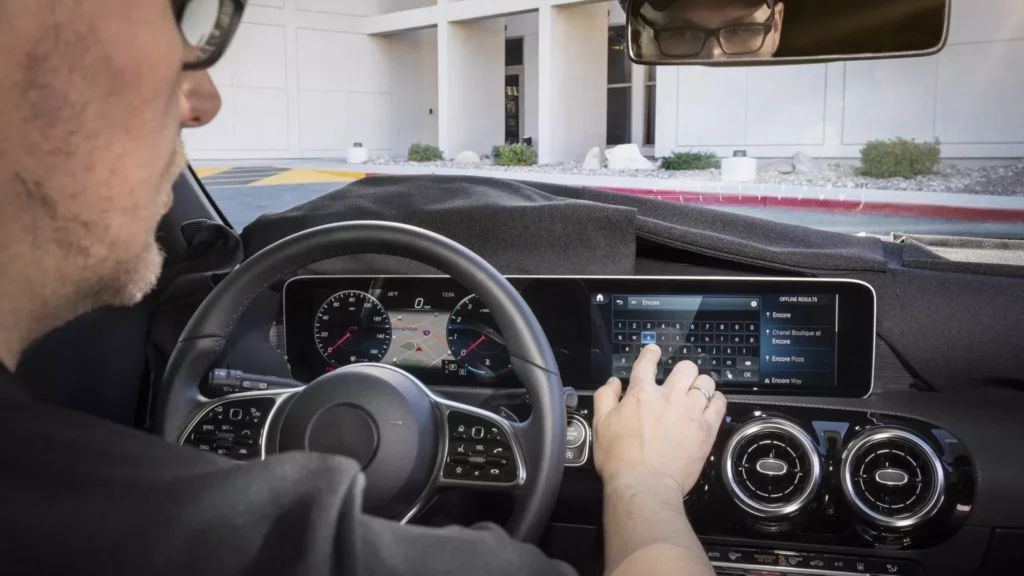Victims of domestic abuse may not know that their vehicles are being used to track them, and may find it hard to stop it from happening
4 hours ago
 –>
–> 
–>
As vehicles have become increasingly connected, concerns about the way they handle our data have emerged. For no one are those concerns more pressing than the victims of domestic violence.
While vehicles are far from the only tools that can be used to track people, the wealth of information they provide to anyone with access to them can be alarming. Last year, Mozilla reported that automakers have access to all kinds of unexpected data, from a vehicle’s location, to how many passengers they have in them, to footage from onboard cameras.
While it’s concerning for anyone to have access to that information, when abusive partners get a hold of it, it could be a matter of life and death. For example, Reuters reported in December that the owner of a Tesla Model X found an aluminum baseball bat that her ex-husband had previously used to threaten her in the back seat of her car.
advertisement scroll to continue
In a lawsuit, she also alleged that her ex-husband had used the SUV’s mobile app to harass her. He allegedly turned on the air conditioning on cold days, the heating on warm days, and honked its horn while it was parked in the garage.
Read: Your Car Is Spying On You, From Your Sex Life To How Fast You Go

Not all cases are so obvious, though. The New York Times reports that Christine Dowdall fled her home in September 2022 after an altercation with her husband turned violent. She left in a Mercedes-Benz C300 and shortly thereafter started seeing strange messages on her infotainment system about a service eerily called “mbrace.”
Part of the “Mercedes me” suite of connected service, the technology allows owners to control their vehicles remotely. People with access can track a car’s location and, after obtaining his internet records, Detective Kelly Downey of the Bossier Parish Sheriff’s Office eventually found evidence that Dowdall’s husband had been using it to track her.
In both cases, the automakers denied requests to block access to these apps. In Tesla’s case, a judge ruled that it would be onerous for an automaker to determine what activity was and wasn’t abusive.
Meanwhile, Mercedes said it couldn’t remove Dowdall’s husband from the apps because it was his name on the loan (he had a better credit rating, but she was making all the payments). Even after she had a restraining order against her husband, and she had been granted sole use of the vehicle during their divorce proceedings, the automaker said it couldn’t help.
Eventually, Dowdall took her car to an independent shop to disable the tracking functions at the expense of her navigation and S.O.S. features. She said she didn’t care, “I just didn’t want him to know where I was.”
According to Adam Dodge, a former family law attorney who is now a digital safety trainer, the use of vehicle apps to stalk victims is a “blind spot” for both victims and automakers. Most victims are unaware that their vehicle can be used to follow them, meaning that they can’t protect themselves against it.
He and other domestic violence experts believe that a possible solution could come from the government. He believes that legislation for vehicles could be based on the Safe Connections Act, a federal law that gives victims of domestic abuse the right to easily cut their partners off from phone accounts shared with them.
“Having access to a car for a victim is a lifeline,” said Dodge. “No victim should have to make the choice between being stalked by the car or having no car. But that’s the crossroads many of them find themselves at.”


